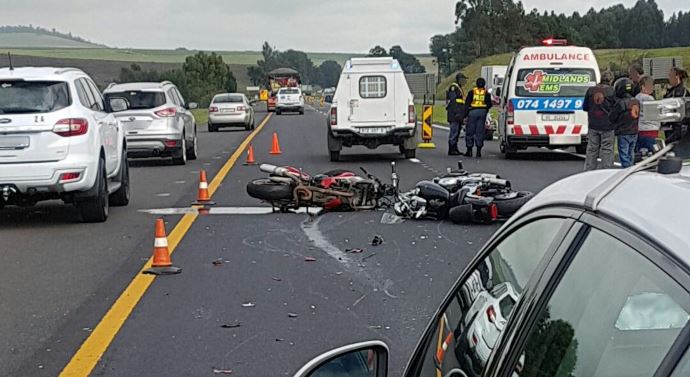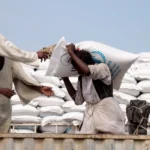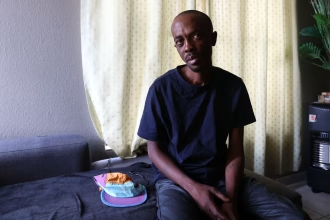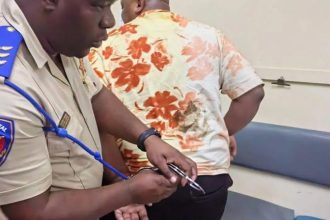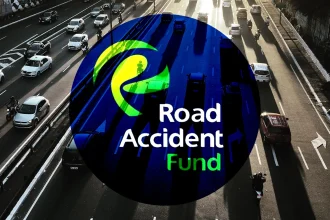Drinking and driving remain a critical issue in South Africa, contributing to around 27% of road fatalities, according to the Road Traffic Management Corporation (RTMC). To combat this scourge, the South African government is exploring a new tax on alcohol sales aimed at discouraging reckless behavior and assisting victims of road accidents.
Speaking with Newzroom Afrika, Deputy Transport Minister Mkhuleko Hlengwa emphasized the need for a broader conversation about alcohol pricing and tax allocation. He suggested that a direct charge to the Road Accident Fund (RAF) linked to alcohol sales could provide both a deterrent to drinking and driving and financial relief to the embattled RAF.
Hitting the Pocket to Drive Behavior Change
Deputy Minister Hlengwa argued that financial measures could encourage responsible alcohol consumption:
“If you hit the pocket, you make quite a significant stride towards ensuring that there is a second thought to how people conduct themselves and how they drink their alcohol and where they drink their alcohol.”
The proposal comes as the RAF grapples with an accumulated deficit of over R24 billion, exacerbating its challenges in compensating road accident victims. Currently, the RAF is funded through a fuel levy of R2.18 per litre, but an alcohol-specific levy could alleviate pressure on this system while simultaneously targeting a key driver of road fatalities.
The Festive Season Toll: A Grim Reality
Recent statistics underscore the urgency of the issue. Transport Minister Barbara Creecy revealed that 1,502 people lost their lives on South Africa’s roads during the 2024-2025 festive season, marking a 5.3% increase from the previous year.
Alarmingly, 41% of these fatalities involved pedestrians. Creecy also highlighted that 3,840 motorists were arrested for drunk driving over the same period.
Visible policing and harsher penalties for drunk drivers and intoxicated pedestrians were highlighted as necessary measures to curb the carnage. Hlengwa noted that pedestrians under the influence not only put their own lives at risk but also create dangerous situations for motorists, leading to further accidents.
A Multi-Faceted Approach to Road Safety
The proposed alcohol tax is part of a broader strategy to address South Africa’s road safety crisis. In addition to financial measures, the government is exploring punitive actions under the Administrative Adjudication of Road Traffic Offences (AARTO) system and increasing arrests for alcohol-related violations.
Currently, the legal blood-alcohol limit for driving in South Africa is 0.05g per 100ml of blood. Offenders face fines of up to R120,000 for drunk driving, with potential additional penalties of R180,000 for culpable homicide cases. Courts can also suspend or revoke driving licenses at their discretion.
Can an Alcohol Tax Curb Road Carnage?
While the government’s proposal has sparked debate, it represents a proactive attempt to address the dual challenges of road safety and the financial sustainability of the RAF. Critics may question whether additional taxes will deter behavior effectively, but supporters argue that the move signals a serious commitment to saving lives and supporting accident victims.
With 1,502 lives lost during the festive season alone, the urgency for action is clear. Whether through financial penalties, stricter policing, or public awareness, South Africa must take decisive steps to address the devastating consequences of drinking and driving.

